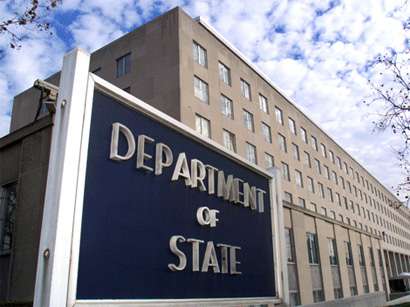"For Bulgaria and potentially some of its neighbors, the Corridor could be transformative because it would undermine Russia’s position as monopoly supplier of natural gas to those markets. Since options tend to strengthen a country’s ability to negotiate prices, the Corridor should enable these countries to reduce their total expenditures on energy purchases and pass those savings on to consumers, freeing up financial resources to be invested in other productive ways," said the energy diplomacy officer.
"Once completed, it will provide Europe with a new long-term source of supply to meet its natural gas demand. By diversifying Europe’s natural gas imports, the Corridor will enhance European energy security and thus advance our shared national security interests," he said.
Reich went on to add that for the US Government, the Southern Gas Corridor is valuable for two main reasons: one has to do with energy security, the other with political and economic integration.
The Southern Gas Corridor project aims to increase and diversify European energy supply by bringing gas resources from the Caspian Sea to markets in Europe.
The Southern Gas Corridor comprises the following four projects: (i) operation of Shah Deniz natural gas-condensate field ("SD1" project) and its full-field development ("SD2'" project), (ii) the operation of the South Caucasus Pipeline ("SCP" project) and its expansion ("SCPX" project), (iii) the construction of the Trans-Anatolian Natural Gas Pipeline ("TANAP" project) and (iv) the construction of the Trans Adriatic Pipeline ("TAP" project) (SD2, SCPX, TANAP and TAP collectively, the "Projects").
The Projects have an estimated investment cost of approximately $40 billion. Upon completion, the SD2 project will add a further 16 bcm of natural gas per annum to 10.9 bcma (maximum production capacity) already produced under SD1 project.
Total length of the newly constructed SCPX, TANAP and TAP pipelines will be more than 3,200 kilometres.
More about:
















































